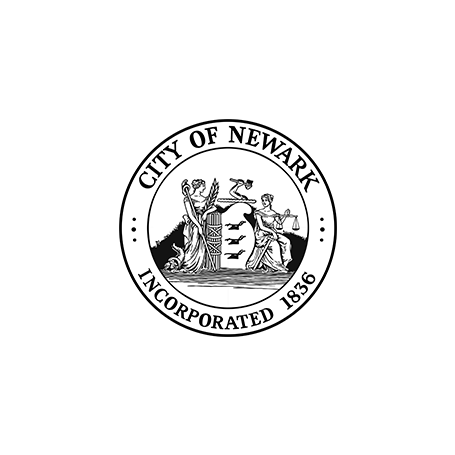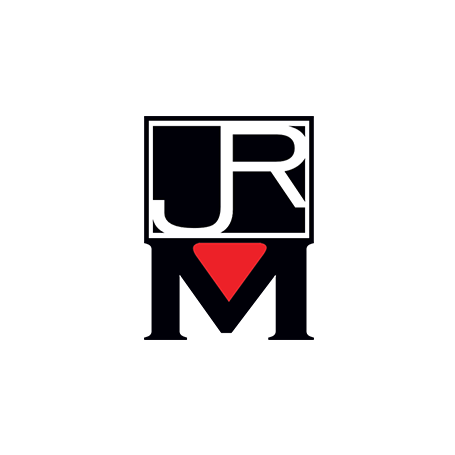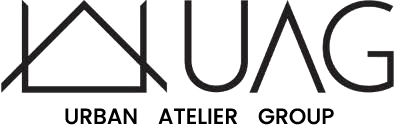Call us at +1 (917)-745-6877 for more info or click here
By now, most construction industry companies are aware of the benefits that lean methodologies bring to projects. Lean increases the health and safety on site and the quality of projects, while reducing inaccuracies and errors. And, it decreases wasted time. What many are unaware of, though, is that using lean also affectcommunication in construction projects.
The consequences of ineffective and generally bad communication in construction projects include running over on the budget, waste, disputes, and running over on time. As a result, the quality, cost, and duration of projects are less than optimal. This means that the construction company’s reputation may come into question because of the lack of risk management.
All this can be avoided with better communication, and lean facilitates this. Therefore, lean is your best bet.
In lean construction, it is common to use a combination of traditional and digital tools to improve communication and collaboration. The normal methods of communication like using a telephone or emailing are still prevalent. But, more contractors now choose to use lean methods to better their communication practices.
For example, advanced modeling and production techniques are used to create detailed models. These models are used as a single source of data that is critical to the coordination process. They serve the needs of both contractors and fabricators. This is a collaborative process and involves several team members. As such, it increases communication and collective effort within the team.
In general, lean principles promote collaboration in teams. This is because it encourages regular reviews and meetings. In addition, through the increased transparency of any given project, lean helps to keep everyone involved in the project on the same page. For example, things like progress, compliance, and performance are communicated better to everyone.
Some construction companies use third-party software, like SkillSignal’s construction management software, to increase the efficiency of their communication through lean principles. This allows for quick sharing of field notes, training information, employee time tracking, insights about events on the job site, and daily reports.
Of course, these are not the only ways that lean affects communication in construction. But, this overview does give you a clear example of how lean can improve communication.
If you need more convincing about why you should make use of lean, to enhance your communication, then look no further. Below, we detail some of the top advantages of lean communication practices.
As you will see, you can leverage these practices to take your communication to the next level. By doing so, you can greatly improve your efficiency on any given project.
One of the main reasons contractors use lean is to increase the speed and efficiency of projects. This is done through streamlined workflow and organization, which they can achieve through pull planning.
Thanks to lean, contractors will map out every stage of the construction project before anything begins. As such, every team will know exactly when they need to get to work and what they need to do. This includes the construction crew, the electrical crew, and the plumbers, for example.
But, in order to do this, every different team must always be involved and communicating. This is in line with lean construction principles.
Furthermore, lean construction emphasizes the need for regular communication about plans and progress. Because of this, there are often weekly work planning meetings to review what has been done and what the next steps are.
This is an efficient way to ensure that everyone is up to speed at all times and that communication remains constant and clear.
Lean leadership is about establishing a strong and trusting working relationship with workers, which creates good risk management. This means respecting them for their knowledge, expertise, and experience.
Managers who use lean principles incentivize employees to follow the plan and comply with regulations. They do this by encouraging them to be innovative and give suggestions on how to improve processes afterward.
This way, workers feel heard and valued for their contributions while still ensuring that everything gets done. Similarly, techniques such as Value Stream Mapping have the same effect. This is when upper management specifically asks workers for improvement recommendations. It gives workers the green light to communicate their ideas through lean principles.
With lean, managers also have more opportunities to give feedback to workers. For example, this could include feedback on their performance through performance management systems. Therefore, lean helps to open up communication channels both ways.
As we mentioned, there are several ways for managers to communicate with workers. It could be through weekly meetings, pull planning, or communication management software, for instance. No matter the method, lean ensures that they are always able to get in touch. So, they can provide updates and instructions, as well as find out information quickly.
In terms of communication with clients, lean ensures that the construction company takes what the customer really values into account. Lean principles require contractors to understand what needs to be built. But, more importantly, it requires them to dig deeper and understand why.
This encourages all to understand the customer’s perspective. Thereafter, they give their inputs about what will work and what won’t. This communication establishes a better relationship between the client and the construction company.
Those companies who use construction management software to implement lean usually have more accessible information. Every piece of relevant information is on the software. Contractors, workers, and stakeholders can therefore access and view it whenever they need to.
The information stored on the software or in the cloud could include:
What makes this even better is that management can control who has access to what. This improves security while ensuring everyone still has all the information for their jobs at their fingertips.
From improving relationships with workers to enhancing communication with clients, lean clearly adds additional value to communication in construction industry projects. There is no denying that lean, with its underlying techniques and methods, improves communication.
So why not start using management software and lean today? Contact SkillSignal to find out how.
The Guide To Implementing Lean Principles In Construction – Industry Europe (Article)

By now, most construction industry companies are aware of the benefits that lean methodologies bring to projects. Lean increases the health and safety on site…

Adopting a lean approach is an important step towards improved efficiency and reduced waste in the construction industry. Originally conceived in the manufacturing industry, the…

Lean construction is an innovative new way to approach the construction industry. With this type of construction comes what has been termed lean thinking. To…
Selected as #1 by top ENR General Contractors. Loved by thousands of Trade Contractors across the US.


















